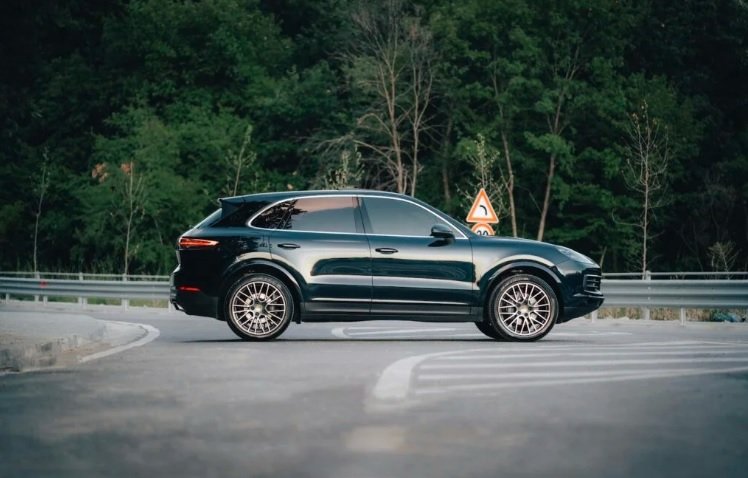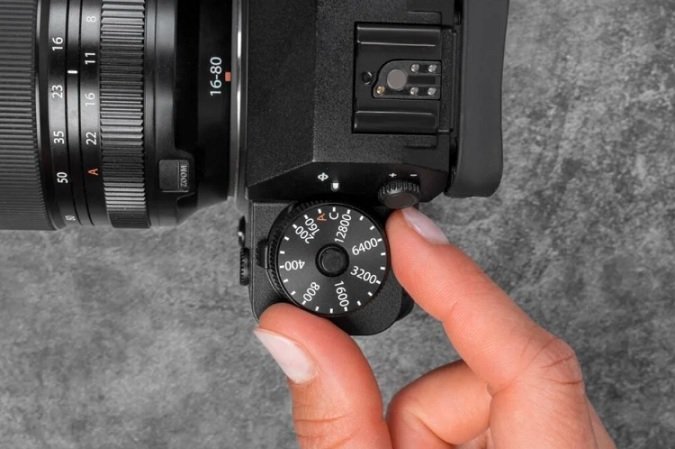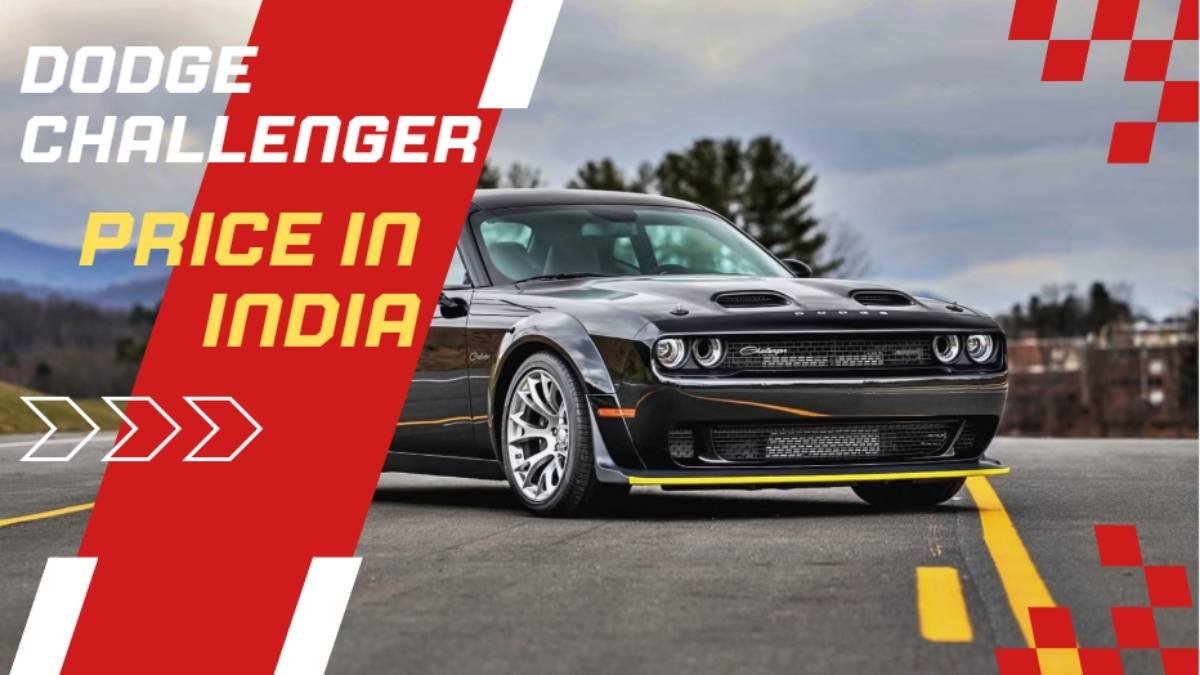Buying a used car can be one of the most practical and budget-friendly decisions you can make—especially in Antioch, CA, where the market offers a wide variety of options for every budget and lifestyle.
But while buying used can save you thousands of dollars, it also comes with risks if you’re not careful. Whether you’re shopping from a dealership on Auto Center Drive or browsing local listings, you’ll want to do your due diligence before making a purchase.
Here’s a comprehensive checklist of everything to check when buying a used cars Antioch CA:
1. Start With a Budget and Research
Before setting foot in a dealership or replying to a Craigslist ad, determine your budget. This includes not only the purchase price but also insurance, registration, taxes, and potential maintenance costs. Once you have a price range in mind, research makes and models that fall within your budget and meet your needs—whether it’s fuel efficiency, towing capacity, or family space.
Online resources, such as Kelley Blue Book, Edmunds, and Consumer Reports, are excellent tools for determining the fair market value of used cars and assessing their long-term reliability.
2. Check Vehicle History Report
In Antioch, many reputable used car dealers provide a free vehicle history report through services like Carfax or AutoCheck. This report includes critical information such as:
- Number of previous owners
- Title status (clean, salvage, rebuilt)
- Accident and damage history
- Maintenance and service records
- Mileage consistency
If a seller is hesitant to share the report, that’s a red flag. For private sales, you can request the car’s VIN (Vehicle Identification Number) and purchase the report yourself.
3. Inspect the Exterior and Interior
A thorough physical inspection can help you identify issues that may not be apparent in the vehicle’s history report. Here’s what to look for:
Exterior:
- Inspect the body for dents, scratches, or rust.
- Check that doors, trunk, and hood align properly and open/close easily.
- Inspect tires for tread depth and even wear—uneven wear could indicate alignment issues.
- Examine headlights, taillights, and turn signals for cracks or fogging.
Interior:
- Ensure seats, carpets, and dashboard are in good condition.
- Test all buttons, switches, lights, and electronics.
- Check for any odors—mold or mildew smells may point to past water damage.
4. Look Under the Hood
You don’t need to be a mechanic to spot red flags under the hood of a used car. Here’s what to check:
- Fluids: Inspect oil, transmission, brake, and coolant fluid levels. Dirty or low fluids may indicate poor maintenance.
- Leaks: Look under the car for any fluid leaks.
- Battery: Check for corrosion on the battery terminals.
- Belts and Hoses: These should be free of cracks and excessive wear.
5. Test Drive the Vehicle
A test drive is your best opportunity to assess how the vehicle performs on the road. Try to drive on a variety of roads in Antioch—from highway stretches like Highway 4 to stop-and-go city traffic.
During the drive, pay attention to:
- Acceleration and braking smoothness
- Engine noise and responsiveness
- Transmission shifting (especially in automatic vehicles)
- Steering and alignment
- Suspension comfort over bumps
- Functionality of the air conditioning and sound system
6. Check the Title and Registration
Ensure the title is clean—a salvage title indicates that the car was declared a total loss by an insurance company and may have serious hidden issues. Double-check that the VIN on the title matches the one on the vehicle.
Also, ensure the seller has current registration paperwork and that there are no outstanding fees or tickets attached to the vehicle, which you may inherit upon purchase.
7. Review Maintenance Records
A well-maintained used car typically has a folder or digital log of service records. Look for consistent oil changes, tire rotations, and other regular maintenance.
If you’re buying from a used car dealer in Antioch, many offer certified pre-owned (CPO) vehicles that undergo a multi-point inspection and come with a warranty. These tend to be more reliable options.
8. Consider a Pre-Purchase Inspection
Before finalizing the deal, have a trusted mechanic in Antioch inspect the vehicle. This typically costs between $100 $200 but can save you from a bad investment.
Mechanics can detect issues you might not notice, such as frame damage, transmission trouble, or worn suspension components.
9. Negotiate the Price
Don’t be afraid to negotiate. Use your research and any issues discovered during the inspection to justify your offer.
Even used car dealerships in Antioch often leave room for negotiation, especially if you’re paying cash or financing through your lender.
10. Understand the Warranty and Return Policy
Ask the dealer or private seller about any warranties or return policies they offer. In California, used cars sold by dealerships must come with an implied warranty of merchantability unless sold “as-is.” Private sellers are not subject to the same rules, so proceed with caution.
Dealers may also offer optional extended warranties, but be sure to read the fine print and evaluate whether the cost justifies the coverage.
Final Thoughts
Buying used cars in Antioch, CA, doesn’t have to be stressful. By following this comprehensive checklist, you’ll reduce the risk of buying a lemon and increase your chances of finding a vehicle that’s reliable, safe, and suits your lifestyle.
Whether you’re a commuter heading to the Bay Area, a parent needing a family vehicle, or a first-time buyer looking for value, Antioch has plenty of great used car options—make sure you do your homework.



